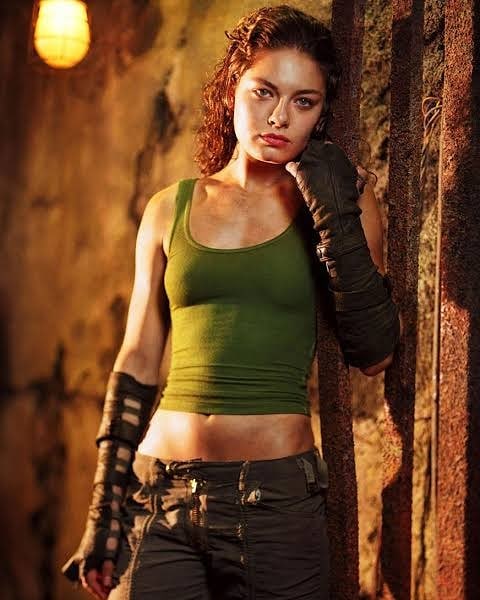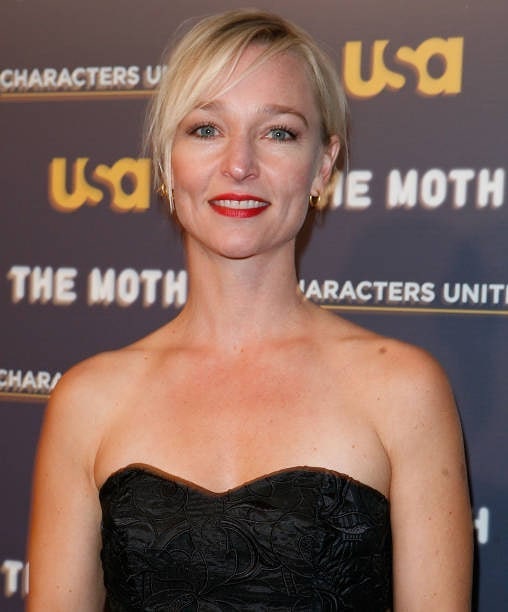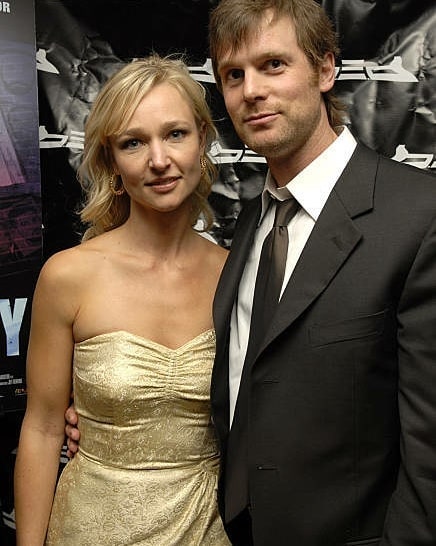Kari and Maureen
Canadian actress. Matchett was moved to Ontario from the village she grew up in Spalding Saskatchewan and began acting. In the latter part of the nineties, she began acting in Canadian television. Then she went to the United States where she starred in The Secrets of Nero Wolfe Invasion: 24 Hours at Studio 60 and Ambulance Earth. It was the Last Conflict. In 2001, she was awarded an Gemini Award for her role in the Canadian television show The Department of Wet Cases. She also played the wife of one the principal characters in the series for several seasons. Impact. In the TV series Covert Operations, she plays the character Joan Campbell. In the film industry, she played the role in 2002's Canadian film Cube 2. Also, she starred in Angel Eyes Boys with Broomsticks The Tree of Life, Boys with Broomsticks, and Hypercube. Divorced. Jude Lyon Matchett's child was their first born child in June 2013. Maureen O'hara..........................From her first appearances on the stage and screen Maureen O'Hara (b. 1920) commanded attention with her striking beauty stunning red hair and passionate characters of passionate heroines. The actress captivated the audience regardless of whether she was rescued from a prison in the movie The Hunchback on Notre Dame by Charles Laughton (1939) and fell in love with Walter Pidgeon beneath a coal-blackened sky (How green was my valley) in the film with Natalie Wood or matched wits in The Quiet Man with John Wayne. Maureen O'Hara was the first biographical work about the screen icon, called the Queen of Technicolor. Aubrey Malone uses new information obtained from Irish Film Institute notes on productions and from historic films, film journals, and fan publications to follow the legend throughout her childhood in Dublin and attains the peak of her fame in Hollywood. Malone is also a bit more in-depth about the actress's friendship with frequent co-star John Wayne and her relationship with director John Ford and he addresses the controversial issue of whether or not the screen diva could be considered a feminist, or an antifeminist persona. The film icon was O'Hara during the golden age cinema, but her penchant for privateness and her habit of making comments in public which were in opposition to her personal choices has left her in the shadows. The biography that has been released gives an opportunity to look at the woman who was behind the iconic character of her day.





Comments
Post a Comment